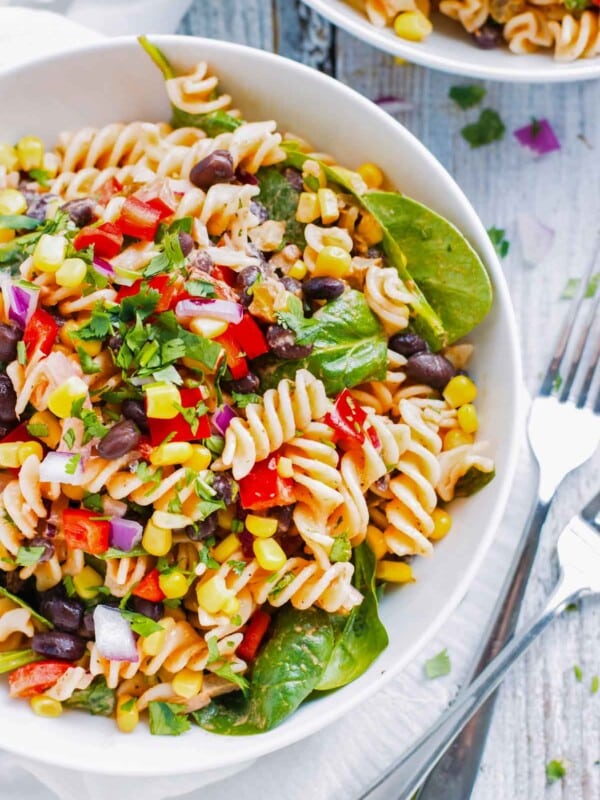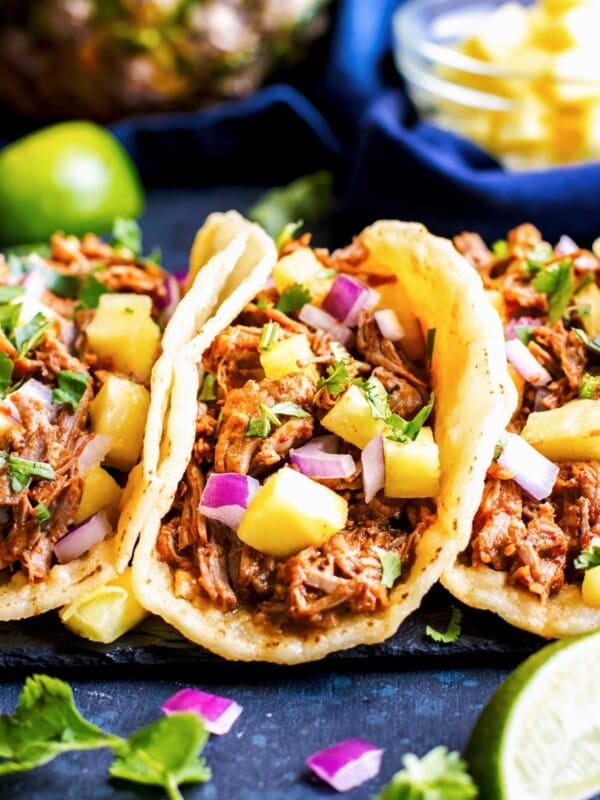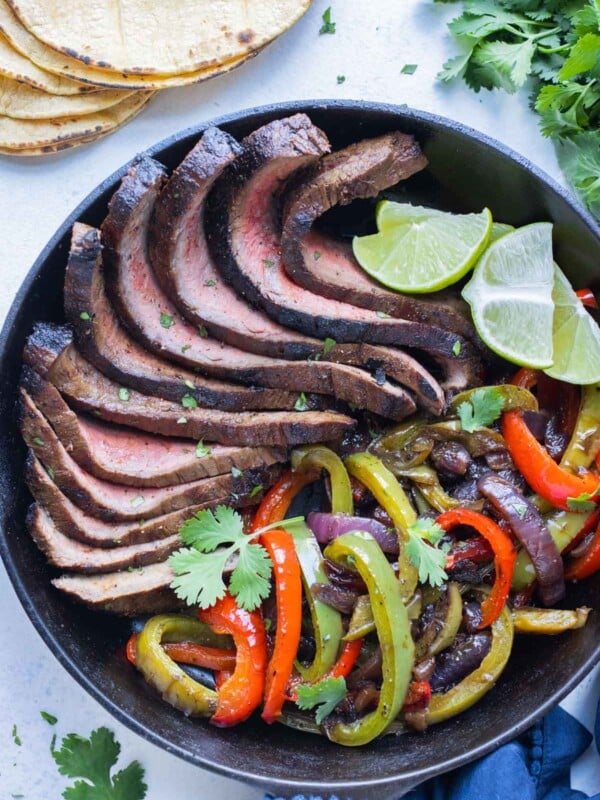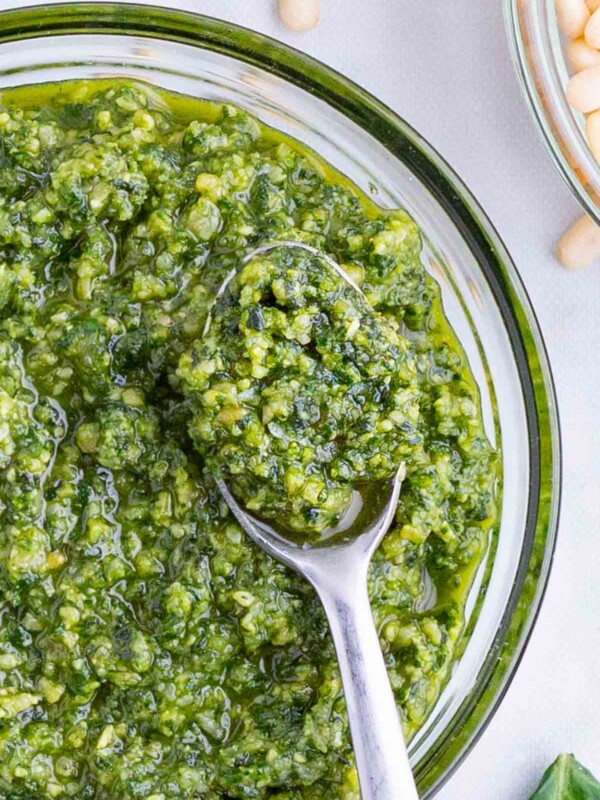Looking for anti-inflammatory foods? You’ll learn about 20+ whole foods that will help prevent and interrupt chronic inflammation. Learning about what to avoid will also help you find the diet that works best for you. Check out the recipes at the bottom that are jam-packed full of foods that boost your immune system and give you the most health benefits!
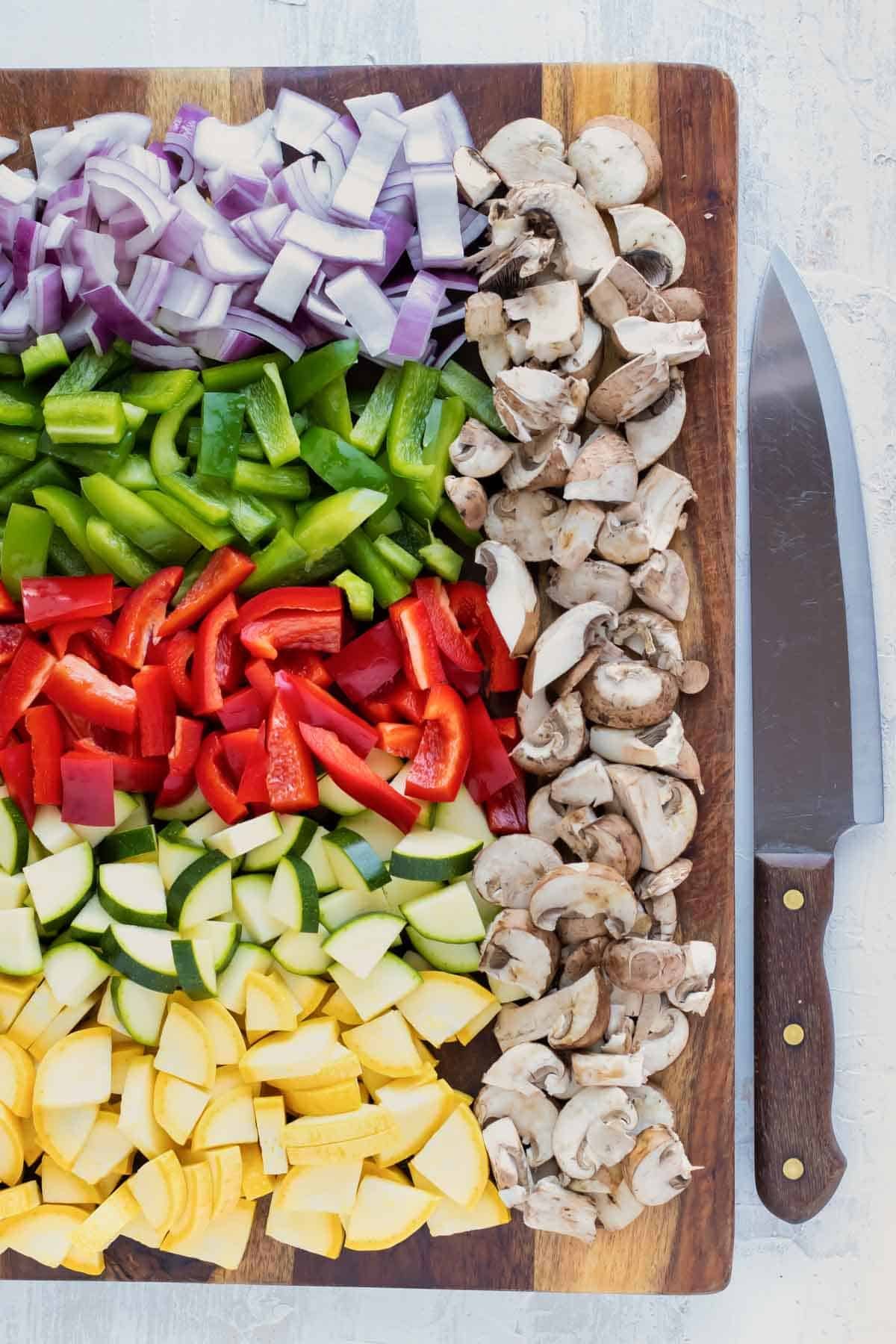
What are some anti-inflammatory foods?
Berries, fish, and cruciferous vegetables are just some of the many foods that are anti-inflammatory. The more than 20 whole foods in this list all help your immune response in protecting your body.
Berries
Strawberries, blueberries, raspberries, and blackberries are jam-packed with fiber, vitamins, and minerals. They are full of antioxidants called anthocyanins, which can reduce the risk of diseases like heart failure.
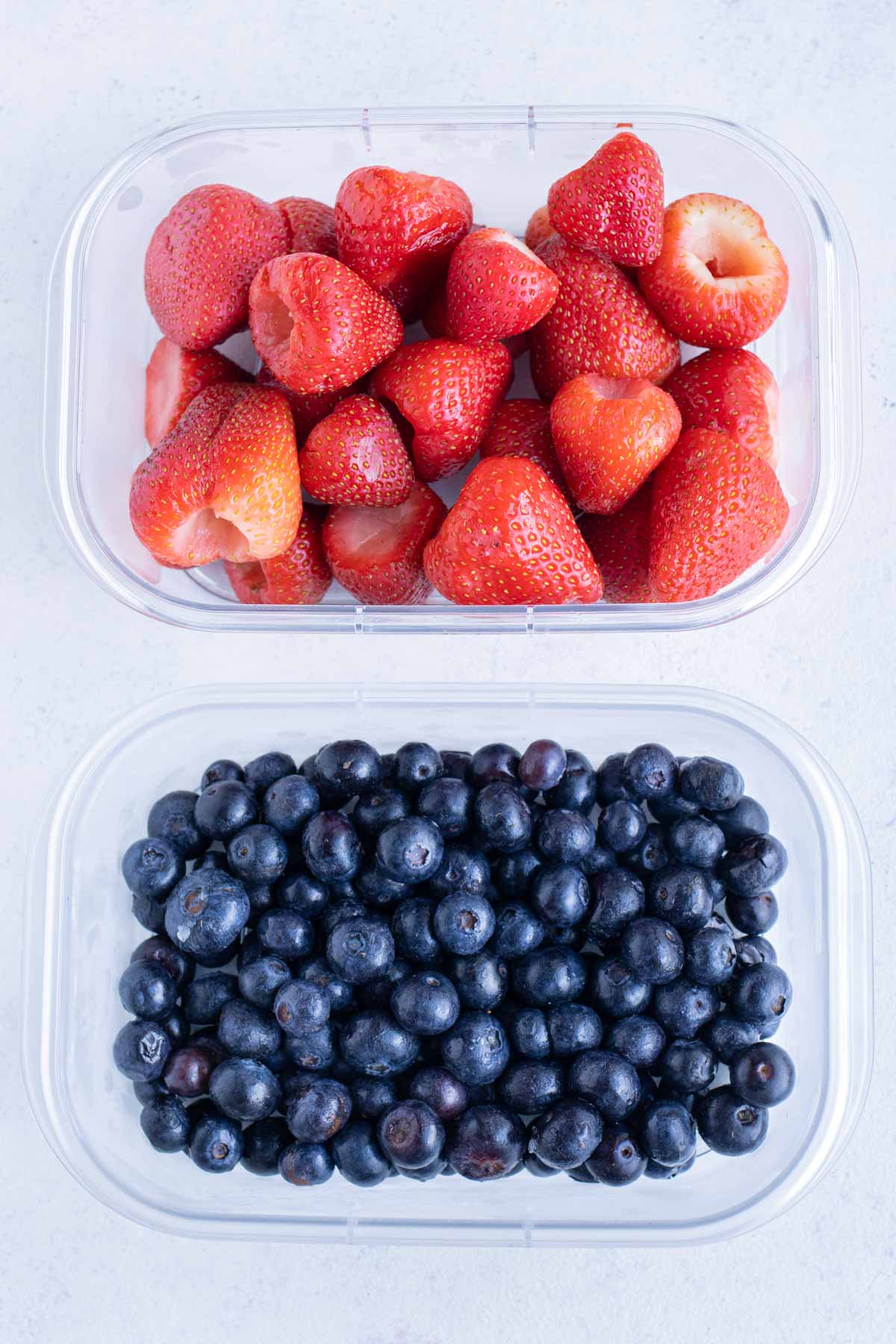
Fatty Fish
Fatty fish, including wild salmon, sardines, herring, and anchovies, are full of protein and omega-3 fatty acids (EPA & DHA). EPA and DHA can improve inflammation and ultimately reduce the risk of diabetes and kidney disease. The body also breaks down these fatty acids into resolvins and protectins, which can enhance insulin sensitivity.
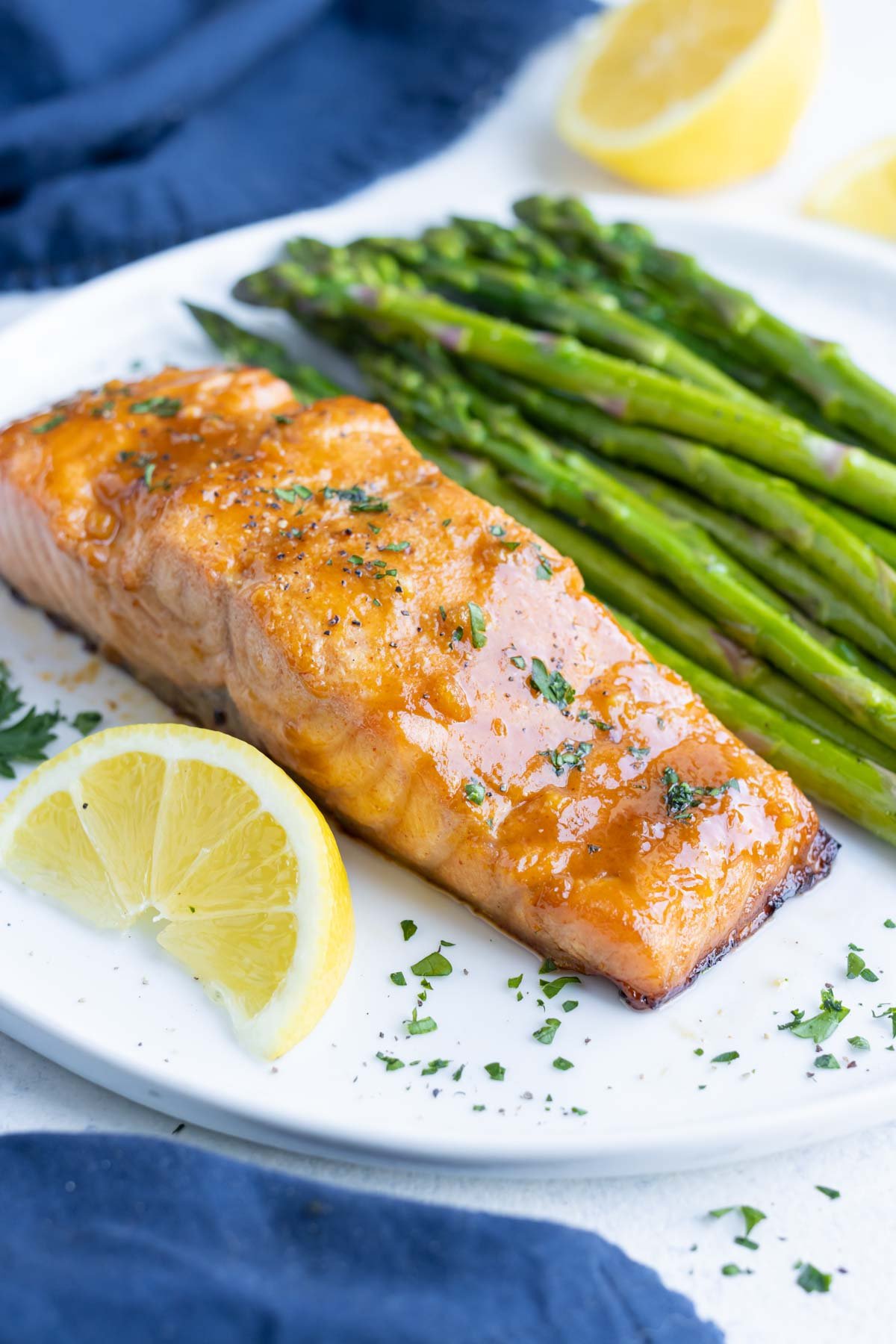
Cruciferous Vegetables
Broccoli, cauliflower, Brussels sprouts, and kale are all cruciferous vegetables that can decrease the risk of some cancers and cardiovascular disease. They are full of antioxidants like sulforaphane, reducing cytokines levels that drive inflammation throughout your body.
Avocados
Avocados have lots of potassium, magnesium, fiber, and healthy fats. Interestingly enough, avocados may actually reduce inflammation in newly formed skin cells.
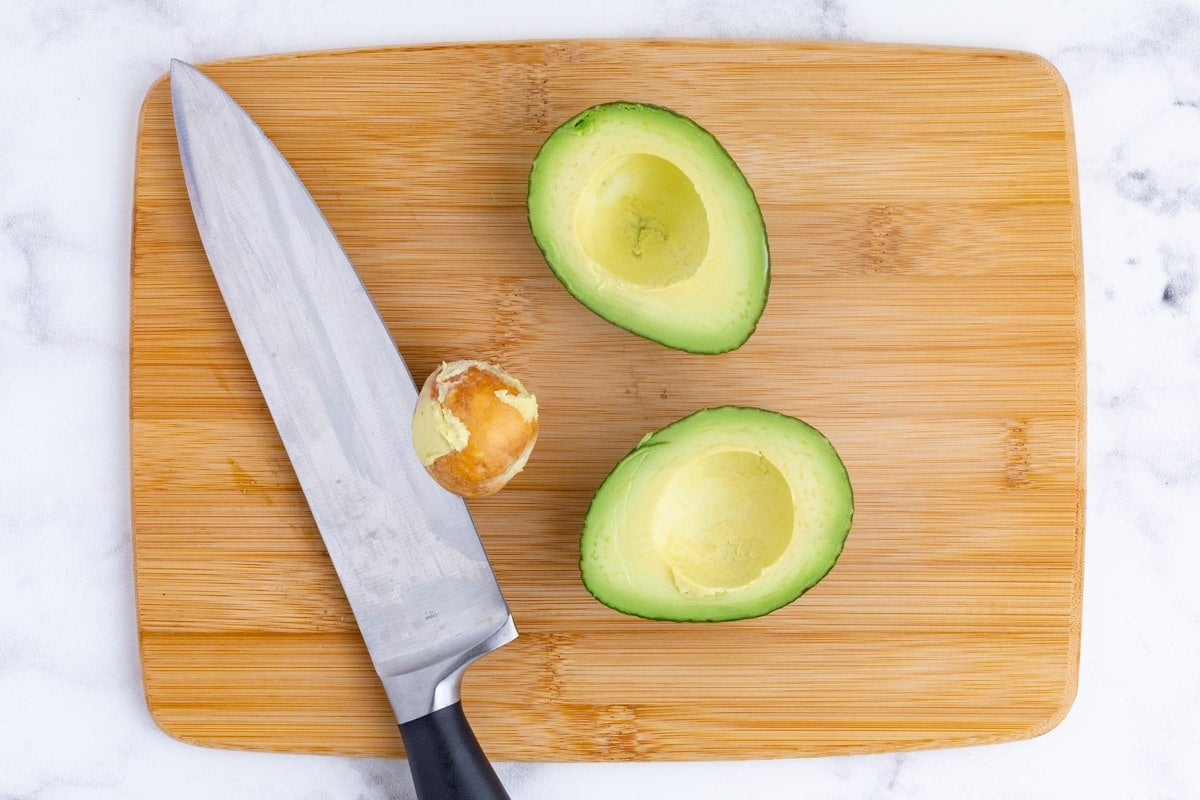
Peppers
Red bell peppers and chili peppers are full of vitamin C and antioxidants like quercetin. This antioxidant reduces inflammation in chronic diseases like diabetes.
Mushrooms
Types of mushrooms including truffles, Portobello, and shiitake, are low in calories and rich in selenium, copper, and vitamin B. It’s best to eat these raw in salads or with dips.
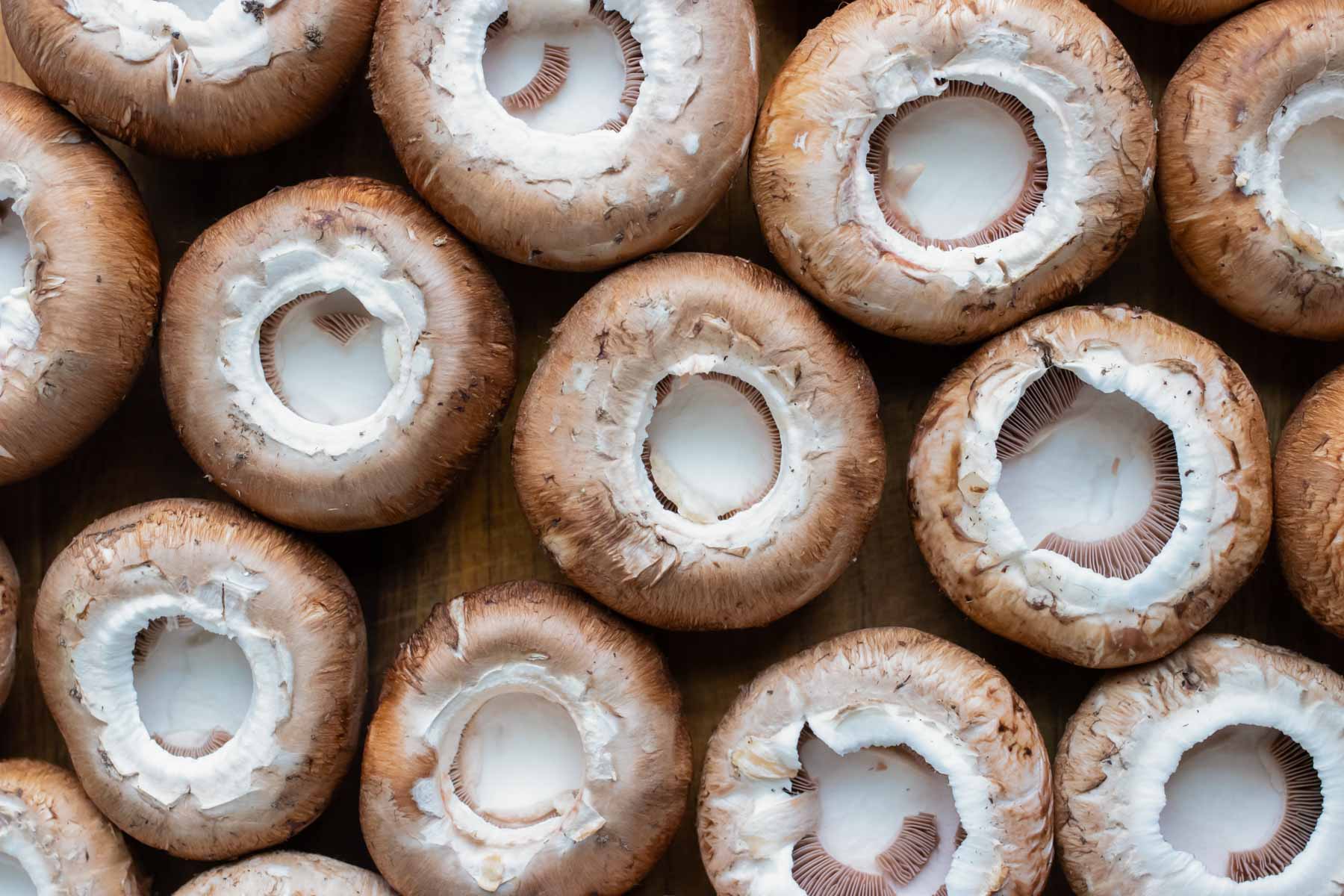
Grapes
Grapes reduce the risk of many diseases like obesity, Alzheimer’s disease, and eye disorders because they contain anthocyanins. Resveratrol is another antioxidant that has anti-inflammatory health benefits. Grapes also increase the adiponectin hormone, which is associated with mitigating weight gain.
Turmeric
Turmeric is a powerful anti-inflammatory compound. It can reduce inflammation that leads to arthritis and diabetes. If combined with black pepper, it can significantly decrease inflammatory components in your body.
Extra Virgin Olive Oil
A pillar in the Mediterranean diet, extra virgin olive oil helps reduce the risk of many brain cancers and heart diseases. Olive oil has an oleocanthal antioxidant that is similar to ibuprofen and has anti-inflammatory effects.
Dark Chocolate
Cocoa and dark chocolate have flavanols that assist in keeping your arteries healthy, thus reducing the risk of heart failure. Eating dark chocolate that has at least 70% cocoa will give you those anti-inflammatory benefits. Anything less will not affect your body in this way.
Tomatoes
Packed with vitamin C and the antioxidant lycopene, tomatoes have anti-inflammatory properties that assist in reducing several types of cancer. Pairing tomatoes and olive oil increases lycopene content and results in better absorption (plus it’s delicious!).
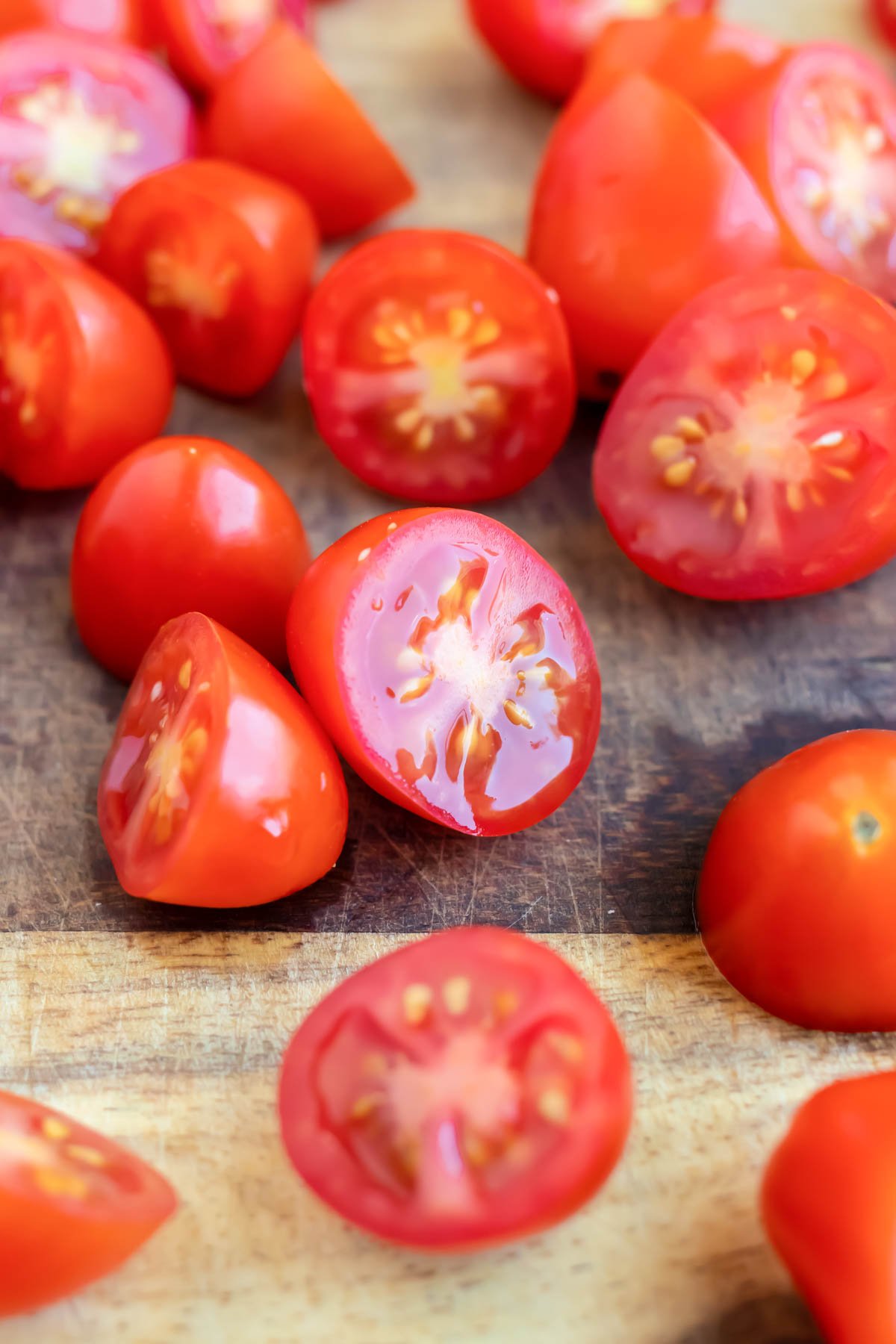
Ginger
Ginger contains gingerols, which are compounds that have antioxidant, anti-inflammatory, antibacterial, and anti-disease benefits. These compounds are able to block enzymes that promote inflammation in the body.
Black Beans
Full of starch, black beans offer fuel for a healthy digestive gut that includes an anti-inflammatory fatty acid called butyrate. Thanks to their high protein content, you can’t go wrong with black beans.
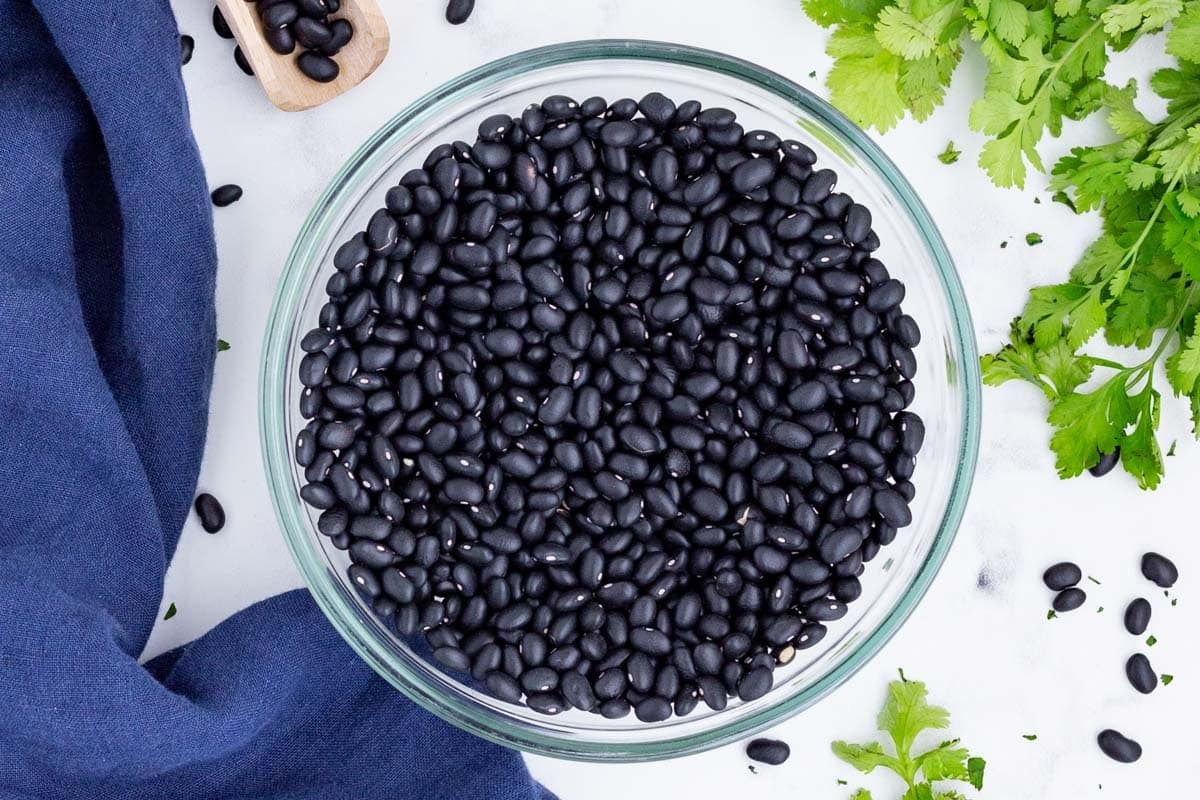
Chia Seeds
Chia seeds have many healthy fats and are high in fiber and protein. These seeds combat inflammatory symptoms like increased blood sugar. Increased blood sugar can happen when your body is producing too many free radicals, like reactive oxygen species.
Fruit
Fruits like apples simply speed up the probiotic fermentation process that leads to weight loss. Fruits like pineapple contain an enzyme called bromelain. This acts like a red meat tenderizer for your body, which reduces bloating.
Whole Grains
Whole grains like raw oats, brown rice, amaranth, and quinoa are filled with fiber. Fiber helps produce a fatty acid called butyrate that promotes insulin resistance. One of the biggest inflammatory hormones, homocysteine, can be fought off with whole grains. When this hormone decreases, you also feel fuller for longer.
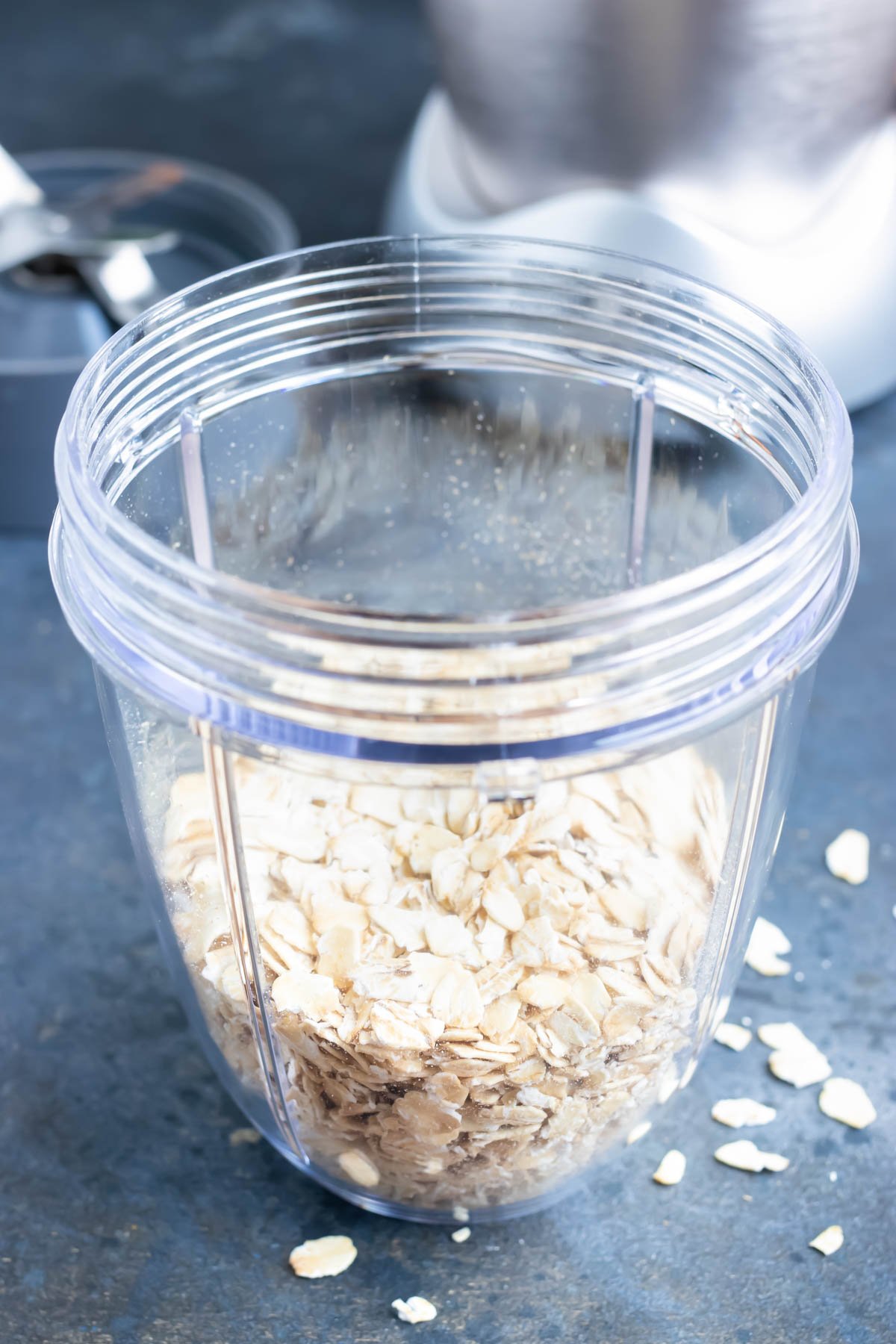
Eggs
Since eggs contain vitamin D, they can assist in deflecting depression, colds, and cancers. And—bonus!—it also helps with increasing anti-inflammatory compounds.
Yogurt
Adding yogurt, as well as kefir, in your diet can reset your gut by filling it with anti-inflammatory-fighting probiotics and microbes. Finding the right kind of yogurt with little sugar will be your best bet with this one.
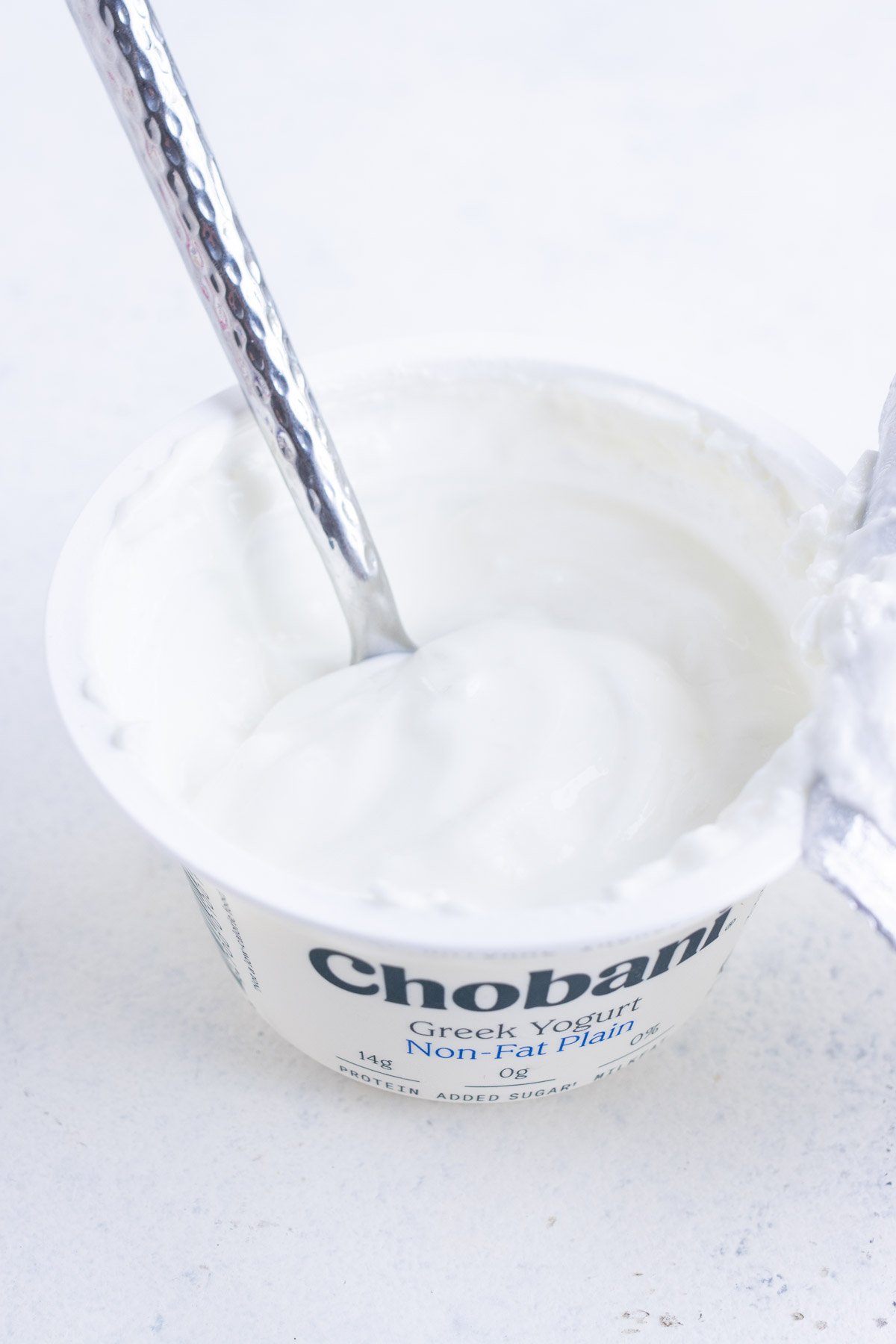
Nuts
Nuts are a great source of anti-inflammatory omega-3’s—think hazelnuts and walnuts. Almonds especially have an excellent source of vitamin E which protects cells from oxidative damage.
Raw Honey
Raw honey is a natural sweetener that contains anti-inflammatory polyphenols, carotenoids, antioxidants, and vitamins. This food particularly eases degenerative and chronic inflammatory diseases.
Citrus Fruit
Citrus fruits like oranges, grapefruits, and lemons, can help shut off the inflammation switch. These fruits can also strengthen your immune system.
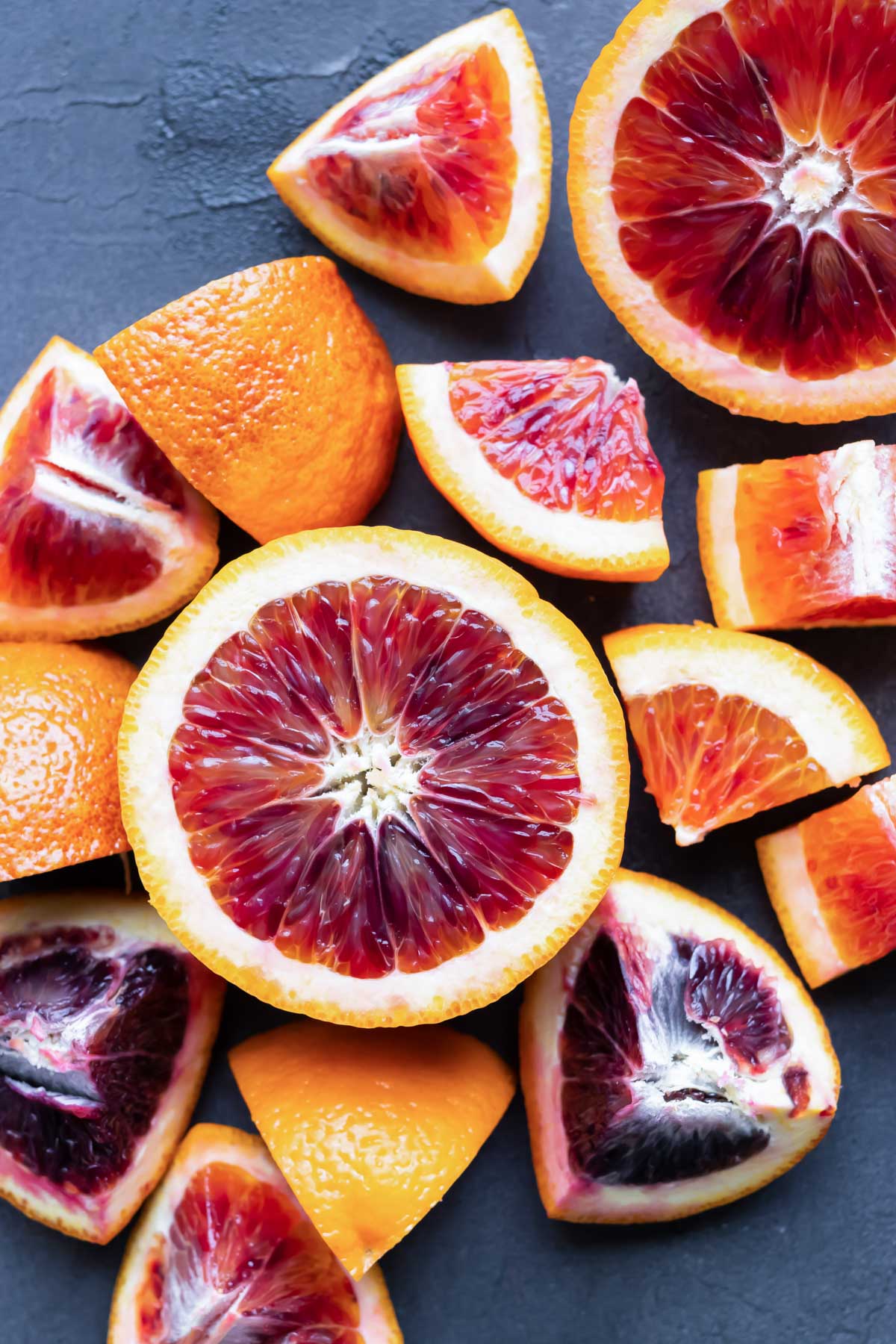
Leafy Greens
Leafy greens—kale, spinach, and mesclun—are full of vitamins C, E, K, and A. Incorporating these foods in your everyday diet can lower inflammatory diseases like heart cancer and stomach cancer.
What inflammatory foods should I avoid?
Knowing what not to eat will also help you keep inflammation in check. Take a look at these types of foods and some examples so you can avoid them as much as possible:
- Ultra-processed foods – potato chips, fast foods
- Refined carbohydrates – white bread, white rice, crackers
- Fried foods – mozzarella sticks, anything fried
- Sugar drinks – soda, sweet tea
- Processed meats – bacon, deli meat, hot dogs
- Trans fats – shortening
- Processed desserts – cookies, ice cream
You can also reduce the amount of sodium in your anti-inflammatory diet. Additionally, drinking less alcohol has shown to reduce inflammatory symptoms. Research has not proved this, but limiting gluten, nightshade foods, and carbohydrates can help reduce the inflammatory risks.
What is inflammation?
Inflammation is the body’s way of alerting you when you experience a wound or injury. When you sprain a bone or experience a hard, heavy hit, your body swells, and that’s normal. This is all just a signal to your immune system to fix the problem.
Inflammation does not just occur externally, but also with internal injuries like lack of sleep, excessive amounts of stress, or a diet that taxes your body.
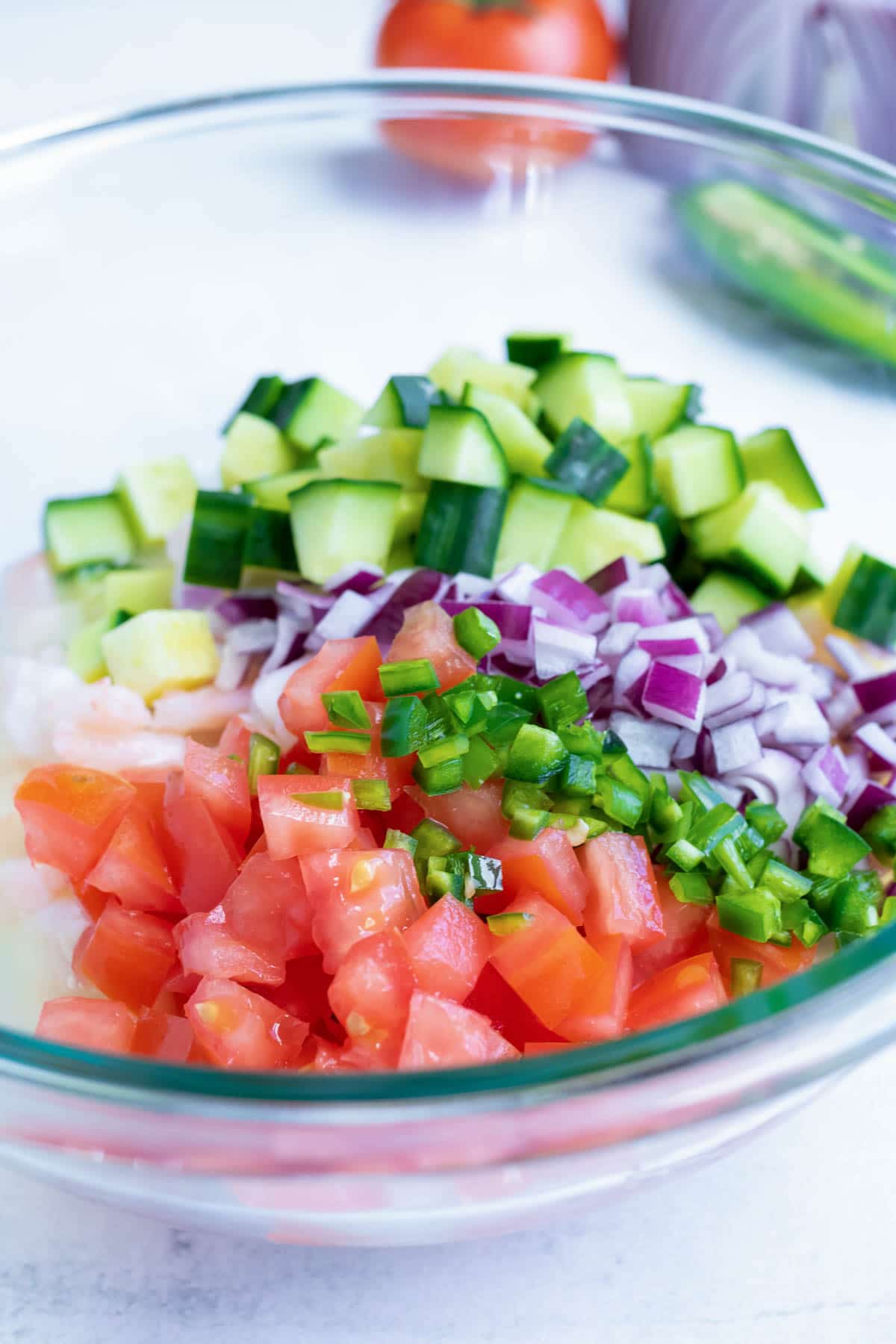
How can diet affect inflammation?
Diet affects inflammation because most of the foods we eat have properties that cause internal and external damage forcing our bodies to overcompensate. Consistently consuming these types of food in everyday diet can induce chronic inflammation in your body. For example, inflammatory diets can reduce levels of digestive probiotics and promote weight gain, diabetes, obesity, heart disease, and cancer.
What is an anti-inflammatory diet?
An anti-inflammatory diet is one that contains whole foods to promote healthy healing in the body. To reduce inflammatory health risks, choosing to eat foods that are anti-inflammatory and avoiding inflammatory foods will help your body, specifically your immune system, get back to a happier, healthier life.
Maintaining a well-balanced diet and eating habits are the best you can do, so every once in awhile wouldn’t hurt you. For more about specifics on the anti-inflammatory diet, check out this post answering the question, What is an Anti-inflammatory diet?
Anti-Inflammatory Diet Tips
If you’re transitioning to this diet or need to switch it up, think about following these tips to help yourself out:
- Replace sweet beverages with sparkling water
- Meal prep to minimize temptation
- Always have variety of fruits and vegetables
- Speak with healthcare providers
- Exercise daily
- Improve sleeping habits
- Take multivitamin supplements
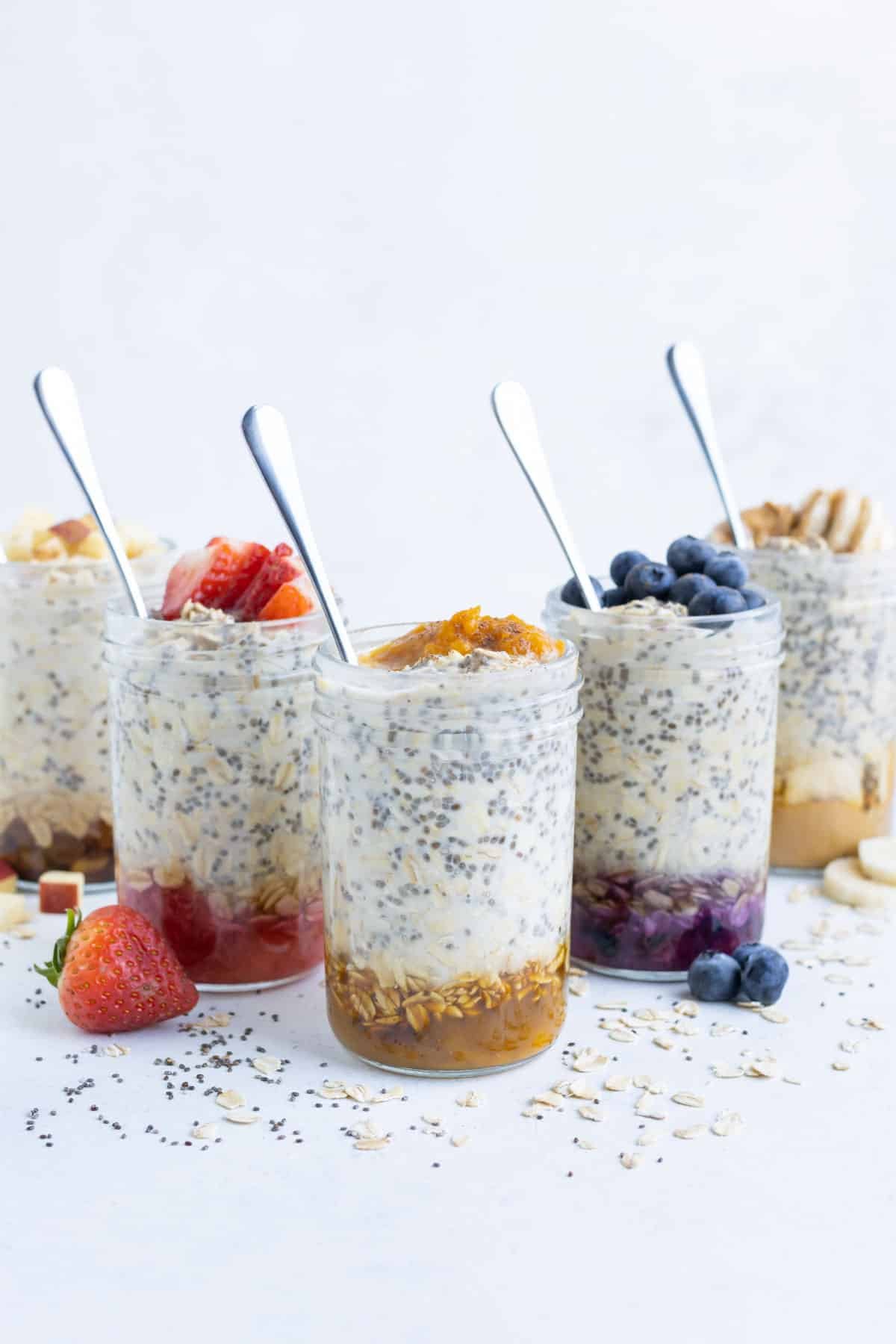
The Best Anti-Inflammatory Recipes
These anti-inflammatory recipes will have you coming back for more—not just because they taste good, but because they feel great too!
- How to Make Overnight Oats + Five Easy Recipes!
- Salmon with Curry Coconut Milk
- Easy Air Fryer Kale Chips (+ 7 Simple Seasonings)
- Healthy Mexican Quinoa Salad with Avocado
- Black Bean & Quinoa Stuffed Bell Peppers | Vegan
- Mini Quiche Recipe (So Many Flavors!)
- The BEST Chicken Salad with Grapes
- Roasted Rainbow Carrots with Pistachio Pesto
- 7 Healthy Homemade Salad Dressings
- Paleo Chocolate Crepes with Strawberries
- Roasted Tomato Salsa
- Easy Coconut Shrimp with Pineapple Dipping Sauce
- Strawberry Banana Smoothie with Yogurt
- Pumpkin Banana Nut Bread
- Honey Balsamic Glazed Chicken
- Mediterranean Couscous Salad with Tomatoes
